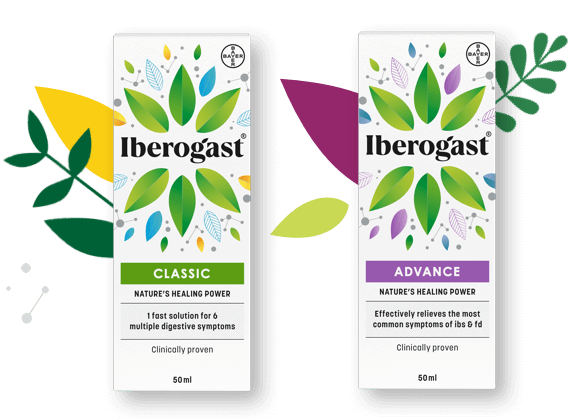The Gut-Brain Connection
Made up of over 100 million neurons, the gut has its own nervous system: the Enteric Nervous System, often called your second brain.
One of the longest nerves in the body, the Vagus nerve, makes a physical connection directly from gut to brain, transporting messages and keeping the two in constant conversation. Billions of microorganisms inside our gut, known as our microbiome, produce and regulate key neurotransmitters and hormones.
This means that what happens down here is reflected in what happens up there.
The below video is an example only. Please localize the videos in the content packages (can be found on eDAM) and here with your local market Vimeo/YouTube links
This is a sample video only. Please replace with your own local country Vimeo/YouTube videos.
You can get Iberogast® without a prescription from your pharmacy.
Get the power of nature here!














